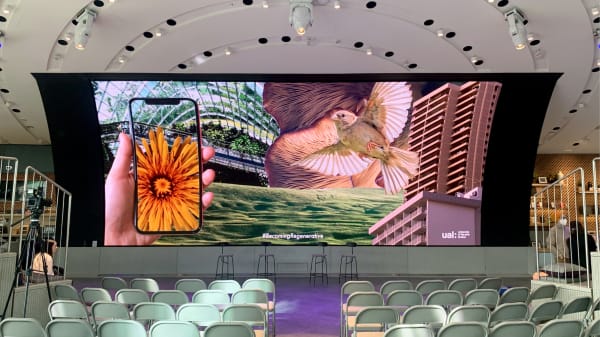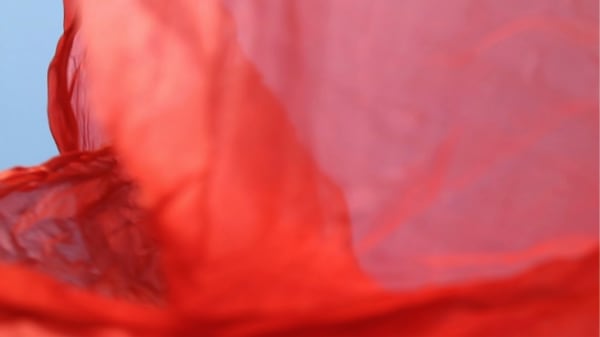
Project summary
- Student-driven research project directed by Dr Tuukka Toivonen
- Initiated in Autumn 2021, expected to run for 5+ years
- Two parallel research streams: social science research stream and design-driven stream
- Seeks to generate insights for real-world designers, entrepreneurs, organisations, and policies
Becoming Regenerative (B-Regen) looks at how regenerative concepts and projects that involve collaboration with living matter like fungi, algae, flax, and microbes develop into tangible regenerative products and/or services through real-world creative idea journeys and newly developing design methodologies. This research explores the experimental dimension of regenerative development as well as how initiatives gain momentum (or struggle to do so) through entrepreneurial efforts in the real world. The project overlaps with multiple fields and industries, including sustainable fashion, regenerative design, biodesign, architecture and biomanufacturing.
Stay tuned for recent research updates and subscribe to our newsletter.
Recent work
A Research Vision
Partnerships for ‘creating with/for nature’
Beyond exploring the experimental dimension of such journeys and practices in fields such as sustainable fashion, regenerative design, biodesign and biomanufacturing, this research also examines how unconventional ideas and projects gain traction (or struggle to do so) through entrepreneurial efforts. B-Regen scientifically investigates regenerative innovation and entrepreneurial growth across several fields to derive academic and actionable findings. We aim to bridge the divide between the general sphere of innovation and more experimental, specialist practices in order to demonstrate to diverse organisations how to go beyond their current approaches to innovation. The ultimate goal is to accelerate the shift towards a fair and regenerative economy.
We are looking for like-minded organisations in the UK and overseas as well as funding bodies interested in supporting this investigation. Potential partners and stakeholder groups for this project include:
- Bio-designers, bio-artists, entrepreneurs and regenerative creators
- Start-ups, consultancies and design studios
- Large corporations
- Green labs and coworking spaces
- Public sector
For more information, contact b-regen@csm.arts.ac.uk or Dr Tuukka Toivonen, Becoming Regenerative initiator and PI t.toivonen@csm.arts.ac.uk
Background
We must adopt a fundamentally new perspective on innovation and design to address the environmental issues of the early 21st century, one that goes beyond human-centred sustainability and is based on "building with and for nature." The demand for a regenerative culture, based on a strong feeling of empathy for and direct cooperation with non-human life forms, asks us to engage as nature, as co-participants in the interrelated living system of which we are a part. This new perspective is already beginning to change a variety of sectors, including fashion, architecture, cuisine, cosmetics, and technology.
How well do we comprehend how these regenerative or "hybrid" kinds of creative activity play out in reality? Have we fully understood the processes that give rise to dynamic partnerships between human and non-human co-creators? Have we thought about how innovative design-led interventions can enable these collaborations to realise their full potential? Do organisations know how to move beyond "business as usual" sustainability plans with a human-centred perspective to developing and inventing in a way that improves the lives of people and non-people as well as natural systems?
We are only getting started because so few of today's inventors, designers, and organisations have firsthand knowledge of engaging in regenerative creativity. We believe that B-Regen can hasten this crucial shift toward a regenerative culture of creativity and innovation that really improves both human and environmental well-being.
More
-

MA Innovation Management
How do ideas become regenerative?
On 26 October 2022, we held our launch event at the Samsung KX innovation hub in London with experts and practitioners from the domains of biodesign, biomaterial innovation, circular business and design practice, illuminating core challenges and possibilities across these fields.
-

Asako Ujita, Bella Howards and Lena Rissmann
A Sanctuary in our Mind
The creative film A Sanctuary in our Mind (2022) explores the possibility of a hopeful, regenerative future and serves as a source of inspiration for our design and research group.